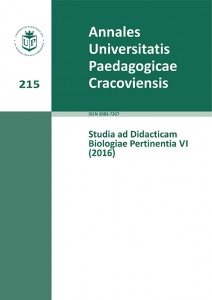Addictive effects of alcohol
Addictive effects of alcohol
Author(s): Bożena Witek, Danuta Rochon-Szmejchel, Peter LiedkeSubject(s): Substance abuse and addiction
Published by: Wydawnictwo Uniwersytetu Komisji Edukacji Narodowej w Krakowie
Keywords: alcohol; alcoholism; dependence
Summary/Abstract: Alcohol is one of legal psychoactive substances which are commonly consumed and often abused by people of all social classes. Alcohol is capable of changing the functions of individual organs and systems of the organism, as well as the structure and function of cells. Research studies have determined a significant correlation between prolonged consumption of alcohol, the generation of reactive oxygen species, and the increased risk for many disorders, including cardiovascular diseases, arterial hypertension, neoplastic diseases, or diseases of the nervous and muscular systems. The organ which is the most susceptible to its toxic effects is the liver. In acute and chronic alcohol poisoning, the excessive build-up of lipids in the liver may lead to chronic diseases of the organ, such as cirrhosis, hepatitis or hepatic steatosis. Continuous consumption of alcohol may also contribute to undernutrition and consequently a deficiency of many nutrients, including vitamins. Alcohol consumption also induces changes to the carbohydrate and lipid metabolism in skeletal muscles. Its excess may lead to such conditions as myopathy, resulting in the atrophy of skeletal muscles. Changes triggered by the chronic or excessive consumption of alcohol can be observed at the structural, physiological and molecular levels of the organism.
Journal: Annales Universitatis Paedagogicae Cracoviensis. Studia ad Didacticam Biologiae Pertinentia
- Issue Year: VI/2016
- Issue No: I
- Page Range: 85-97
- Page Count: 13
- Language: English

